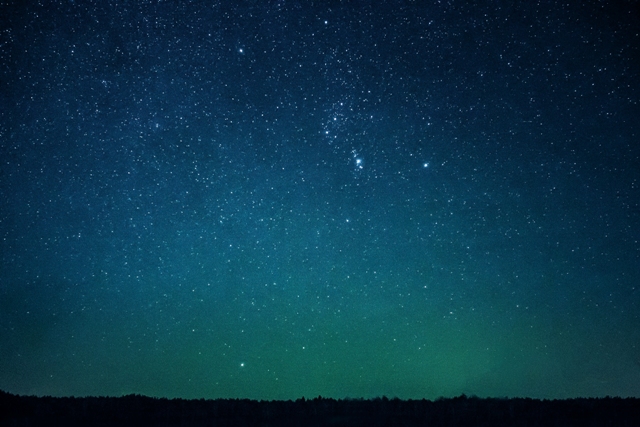|
Did you miss the eclipse yesterday because you are living in Korea? Fear not, here are some upcoming celestial events for you to keep an eye out for.
Jeju Starlight World Park and Planetarium is a great place to check out the night sky in Jeju
Close approach of the Moon and Neptune
Date: Sep. 6
Those looking for something to see soon can look out for the close approach of the Moon and Neptune.
According to in-the-sky.org the approach will be visible between 19:30 and 05:24 with them reaching their highest point in the sky at 00:29.
Full Moon Supermoon
Date: Dec. 3
A Full Moon Supermoon is different to a normal Full Moon because it takes place when the moon is closest to the earth (under a mere 360,000 kms away in fact). This makes it appear larger in the sky than a normal Full Moon.
The Full Moon Supermoon is great because assuming a fairly clear day it should be really easy to see with the naked eye. Simply look up to where the moon normally is!
Geminids Meteor Shower
Date: Dec. 14
The Geminid Meteor shower is a meteor shower that has a peak of around 120 meteors per hour.
It should be visible with the naked eye although it is best viewed from somewhere with limited light pollution. Luckily, Jeju has plenty of countryside where you should have no problem viewing this meteor shower.
Any chance of an eclipse?
Total lunar eclipse: 31 Jan/1 Feb 2018
Next partial solar eclipse: 11 Aug 2018
Those hoping for a total solar eclipse as witnessed in the US yesterday will, unfortunately, have to wait for a long time.
However, at the start of next year, there will be a total lunar eclipse, which is when the earth blocks off all light from the sun causing the moon to disappear.
Alternatively, later in the year, there will be a partial solar eclipse where part of the moon will block part of the sun.
|




















